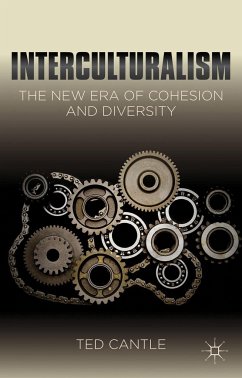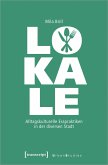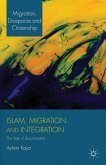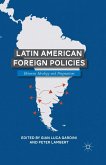Interculturalism is a new concept for managing community relations in a world defined by globalization and 'superdiversity'. This book argues that as countries become more diverse a new framework of interculturalism is needed to mediate these relationships and that this will require new systems of governance to support it.
'Ted Cantle has been a key figure in redirecting the debate about multiculturalism away from a stress on minority difference and on to thinking about how to build a common life in our diverse cities. This book is a lucid account from the front line of one of Britain's most important policy debates.' - David Goodhart, Director of thinktank Demos, UK
'Today's world is fast, at once more connected and more tribalised; identity politics and indefinable conflicts have replaced the more intelligible Cold War; global capitalism is volatile and the powerful are increasingly mistrusted. Established institutions, systems, paradigms and policies are hopelessly out of date. The conceptual shift proposed in this book- from nationalisms and multiculturalism to interculturalism- is compelling and could just pull the world back from dystopia.' - Yasmin Alibhai-Brown
'Today's world is fast, at once more connected and more tribalised; identity politics and indefinable conflicts have replaced the more intelligible Cold War; global capitalism is volatile and the powerful are increasingly mistrusted. Established institutions, systems, paradigms and policies are hopelessly out of date. The conceptual shift proposed in this book- from nationalisms and multiculturalism to interculturalism- is compelling and could just pull the world back from dystopia.' - Yasmin Alibhai-Brown









